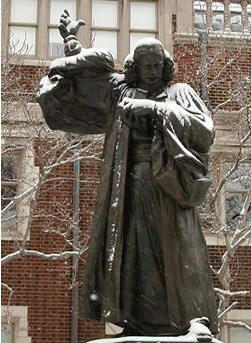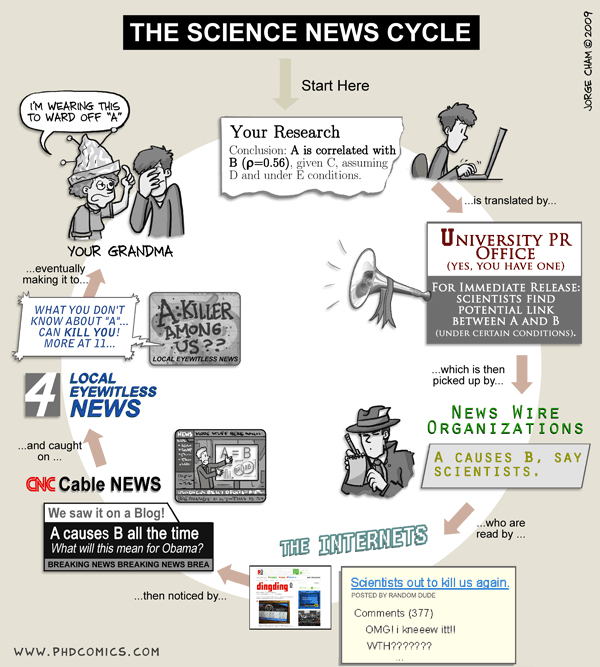 In writing a few days ago about "Word Attraction" — the irrational exuberance that particular words sometimes inspire — I failed to note the possibility that emotion might be associated with the pronunciation of particular words by particular people. This morning, I'll try to track down a specific example that I've wondered about for some time.
In writing a few days ago about "Word Attraction" — the irrational exuberance that particular words sometimes inspire — I failed to note the possibility that emotion might be associated with the pronunciation of particular words by particular people. This morning, I'll try to track down a specific example that I've wondered about for some time.
The specific speaker in question is the Reverend George Whitefield (1714-1770), whose statue is visible from my dining-room window. (The sculptor, R. Tait McKenzie, was a physician, a Penn professor, and a boyhood friend of James Naismith, the inventor of the game of basketball.)
Whitefield was a much-traveled evangelical preacher, one of the leaders of the Great Awakening, who played an indirect part in the beginnings of the University of Pennsylvania. In implementing his 1749 Proposals for the Education of Youth in Pensilvania, Benjamin Franklin made use of a partly finished "New Building" that had been put up in 1740 to give Whitefield a place to preach.
Whitefield's published sermons seem rather ordinary — the printed texts don't convey, at least to me, what Benjamin Franklin called "the extraordinary influence of his oratory". Specifically, I recall reading somewhere that Whitefield could make audience-members faint merely by saying the word 'Mesopotamia'; and so today I thought I'd try to track down this story to its source.
Read the rest of this entry »

 In writing a few days ago about "
In writing a few days ago about "